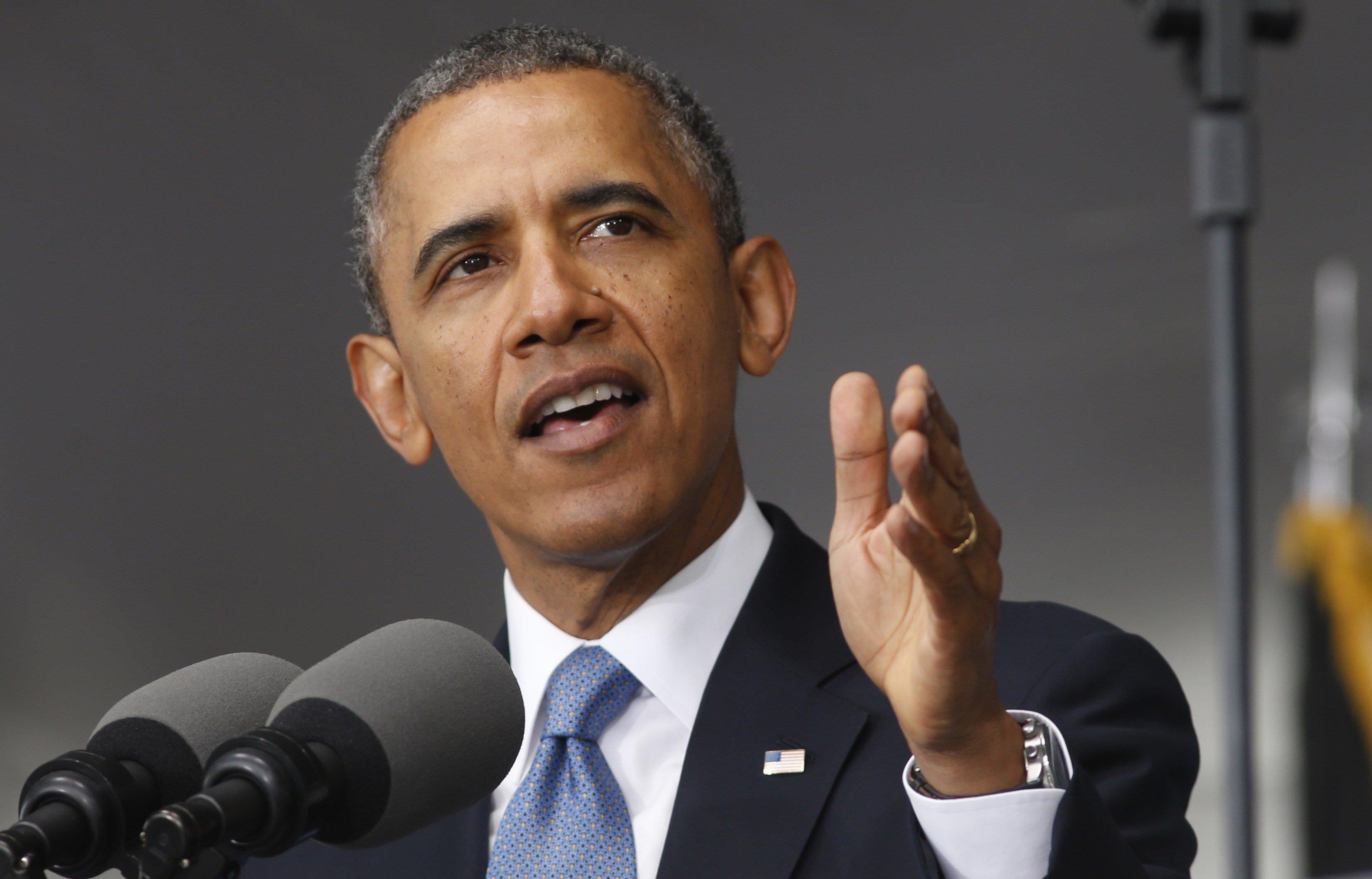The Obama administration is doing its full court press, pulling out all the stops to get Congress to approve the fast-track authority that is almost certainly necessary to get the Trans-Pacific Partnership (TPP) through Congress. One of the biggest remaining stumbling blocks is that the deal will almost certainly not include provisions on currency. This means that parties to the agreement will still be able to depress the value of their currency against the dollar in order to gain a competitive advantage. This is a really big deal, which everyone thinking about the merits of the TPP should understand.
The value of the dollar relative to other currencies is by far the main determinant of our balance of trade. We can talk about better education and training for our workforce, improving our infrastructure and better research, all of which are important for the economy.
But anyone who claims that improvements in these areas can offset the impact of a dollar that is overvalued against another currency by 15 to 20 percent is out of touch with reality. If the dollar is overvalued by 20 percent against another country’s currency, it has the same effect as imposing a 20 percent tariff on US exports and giving a government subsidy of 20 percent to imports.
This is the direct effect when other countries deliberately buy up U.S. assets to prop up the dollar against their currency. This is the main reason the United States is currently running a trade deficit of more than $500 billion a year.
This trade deficit creates a huge gap in demand. It has the same impact as if households were taking $500 billion a year out of their paychecks and stuffing the money under their mattress. There is no obvious way to make up this gap in demand. In principle we could fill the gap with large budget deficits, but this is a political non-starter. Based on a dubious reading of the data from the second half of last year, some analysts had thought the economy was booming again, despite the large trade deficit.

